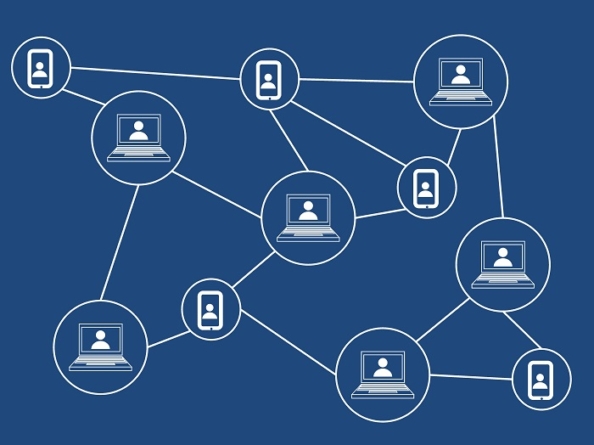-
BLACKOUT TECHNOLOGIES TARGETS TELEMATICS-INTEGRATED MOBILE DEVICE BLOCKING TO COMBAT SMARTPHONE DISTRACTION - 17 hours ago
-
OpenADR Alliance announces first OpenADR 3.0 certified products with EVoke Systems, E.ON Energy and Universal Devices - March 25, 2025
-
Growing fulfilment and contract packer appoints new Managing Director - March 25, 2025
-
When is it time to invest in a WMS? Understanding the key trigger points - March 25, 2025
-
eCapital helps Vantage Recruitment on its journey to financial success - March 24, 2025
-
Hugo Beck Celebrates 70 Years of Packaging Innovation with Open House Events - March 20, 2025
-
PROLOG FULFILMENT SUPPORTS LUNA DAILY’S COMMITMENT TO BETTER BODY CARE FOR ALL WOMEN - March 19, 2025
-
Motion Ventures launches largest-ever maritime tech fund at $100M to meet the industry’s new pace of adoption - March 18, 2025
-
ITD GLOBAL APPOINTS GROUP CHIEF REVENUE OFFICER - March 17, 2025
-
SURECAM TEAMS UP WITH ENTERPRISE FLEX-E-RENT FOR VEHICLE REPAIR & MAINTENANCE CONFERENCE - March 14, 2025
Turning blockchain into a real supply chain advantage.
By Martin Barker, Finance Director of TGMatrix, which provides fully-automated, digital freight matching for shippers and carriers.
Blockchain has the potential to completely transform transport and supply chain practice and financing.
The technology is gaining considerable interest due to it offering a secure, immutable and tamper-proof distributed ledger. Once a block of data has been recorded it is there in perpetuity, for all users to refer to. Information can be added but can’t be deleted retrospectively, and because the chain doesn’t reside on just one party’s systems, no single player ‘owns’ the chain. Everybody in a transaction can trust the data, rather than having to ‘trust’ an individual or organisation. The effect is not unlike the ‘chain of evidence’ that the prosecution is required to establish in criminal court cases.
Not surprisingly, blockchain is interesting supply chain players who need lasting certainty about the physical location and condition of goods, the existence and status of documentation – from proofs of delivery to customs papers and bills of lading – and to support payments and supply chain financing.
The potential of blockchain technology
Numerous major players are exploring the technology’s potential. Global logistics provider Agility, for example, is working with IBM and Maersk on solutions for global shipping. Meanwhile, The Blockchain in Transport Alliance has recently announced that OpenPort, the digital logistics platform that uses blockchain technology to transform domestic distribution in emerging markets, has joined its ranks alongside members such as UPS, FedEx and Penske. Certification companies like DNV GL are looking to employ blockchain to improve factory-consumer transparency.
As these pioneers are discovering, the challenges are not in blockchain itself, but in creating the appropriate applications.
Blockchain processes have an obvious relation to the TGMatrix intelligent freight matching solution. By definition, we are trying to facilitate near-instant contracts between parties that may never have heard of each other before, and certainly haven’t the timescale to perform ‘due diligence’.
Our clients need secure and immutable records to verify compliance, including their duties to third parties, in real time and to enable prompt payment. At present a typical supply chain bridges multiple manual systems with error-prone manual inputs. Blockchain could also bring more certainty to debt management and payment. In complex, multicurrency transactions, for example, payment can be fixed at the exchange rate of the moment.
It could revolutionise supply chain financing. For example, Proofs of Delivery and condition could trigger payment from customer to shipper and from shipper to carrier, instantly and automatically, backed by lines of credit from a finance company that themselves are verified by blockchain data. Blockchain could safely and reliably offer these processes to all scales of business rather than, as at present, only to AAA companies after months of due diligence.
TGMatrix is currently working with a leading UK university to explore how blockchain could work with our agent-based technology in the complex, real time situations experienced by our users. We believe there is huge potential to simplify, accelerate and automate business and contractual processes, and lubricate financial flows in ways that are accessible and beneficial to all sizes of company – at lower cost and with less risk.
For further information visit www.tgmatrix.com

































